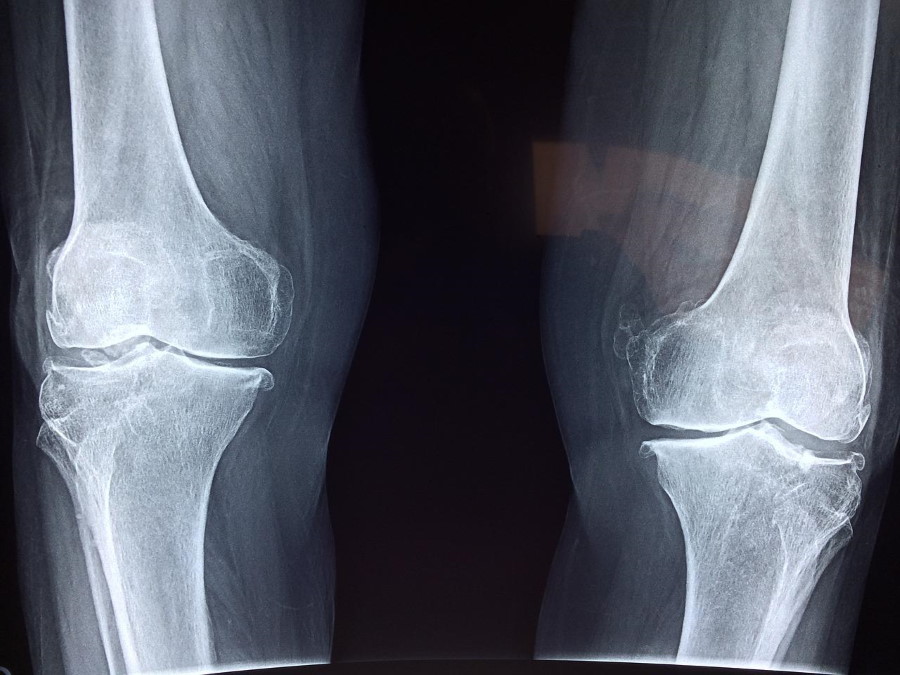Grünenthal takes non-opioid pain drug resiniferatoxin into phase 3

Grünenthal has moved its painkiller resiniferatoxin into phase 3 trials in patients with osteoarthritis, hoping to find an option that sidesteps the side effects and addictive potential of opioid drugs.
The German pharma acquired rights to the TRPV1 agonist also known as MTX-071 last year when it acquired Swiss biotech Mestex, and has started dosing patients in one of three planned phase 3 trials in osteoarthritis of the knee.
The drug works via the same target as capsaicin, a compound found in chilli peppers that is used in some topical formulations for pain relief in arthritis and other conditions, but is much more potent.
The phase 3 studies are investigating injection of resiniferatoxin directly into the affected joint, drawing on phase 2 results which showed a long-lasting and significant pain-relieving effect as well as functional improvements compared to placebo.
The phase 3 programme will be conduced across approximately 200 investigation sites, eventually enrolling around 1,800 patients, and should generate results in 2024, according to Grünenthal's chief scientific officer Jan Adams.
It will recruit people with osteoarthritis who have exhausted other treatment options but are still experiencing moderate to severe pain. If all goes well, the aim is to bring resiniferatoxin to market in 2025.
"More than 300 million patients suffer from osteoarthritis, a progressive disease that currently cannot be cured [and] they often experience debilitating pain as a result of their condition," said Adams.
"We strive to provide these patients with a non-opioid treatment option that combines long-lasting pain relief with a functional improvement of the affected joints."
Grünenthal already sells a topical capsaicin product called Qutenza for post-shingles nerve pain and diabetic nerve pain affecting the feet, and recently started a phase 3 trial that aims to extend its indications to include post-surgical neuropathic pain.
Along with knee osteoarthritis, Grünenthal also plans to test resiniferatoxin in other joints affected by the condition.
Development of TRPV1 agonists for pain isn’t a new concept, but many first-generation drugs were beset by safety issues – notably Amgen's AMG517 and Merck & Co's MK2295 – while AstraZeneca's candidate AZD1386 made it into phase 2 in osteoarthritis but failed to show efficacy.
Among these still in development, Glenmark's orally active GRC17536 cleared a phase 2a study in diabetic neuropathy but has bioavailability issues that have held up a phase 3 programme.
Johnson & Johnson meanwhile had a candidate called mavatrep (JNJ-39439335) in early clinical development, but it no longer appears in its pipeline listing.











